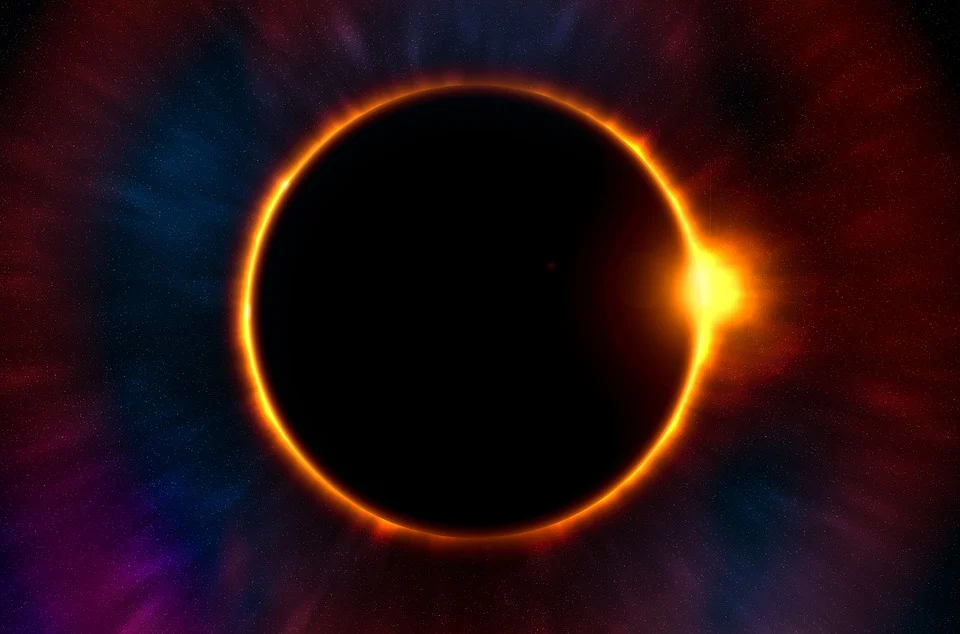Other stars in the universe are millions of years older than our Sun. Despite this, scientists are already attempting to determine when the Sun will die.
The process is more complicated than just stating a time and place.It is, after all, an enormous, massive ball of energy that we have just begun to scrape the surface of. But the end of the Sun’s current phase, for example, is something scientists have been able to pin down.
Despite its long lifespan, some scientists estimate that the present phase of the Sun’s life cycle will be over in under 5 billion years. Eventually, the massive star at the center of our Solar System will have devoured the vast majority of the hydrogen core.
The Sun, as we know it, will be extinguished. The Sun will next undergo a transformation into a red giant. Nuclear fusion will no longer be able to generate heat.
Around this time, NASA predicts that the core will become unstable and shrink.
The external layers of the Sun will expand as the core begins to collapse. This expansion, in the end, will swallow up Mercury and Venus. Rough winds from the Sun will pound on Earth, depriving it of the magnetic field that creates its atmosphere.
It’s a terrible thought, particularly for any remaining life—human or nonhuman—in all those years from now.
Before that occurs, of course, the Sun has a plethora of other hazards.
Earth’s Future is Bleak
Although the thought of the Sun dying is frightening, there is a possibility that humanity may not be there to see it.
According to experts, in a billion years, the Sun’s heat will evaporate Earth’s seas.
The Sun’s brightness will have risen by around 10% by then as well.
In addition, there are additional dangers associated with global warming that must be considered.
Scientists predict a dark future for the planet Earth.
That might explain why so many people are interested in exploring the solar system and visiting other worlds.
Humanity would have a new home to return to when the Sun inevitably goes out and a new place to live.














Leave a Reply